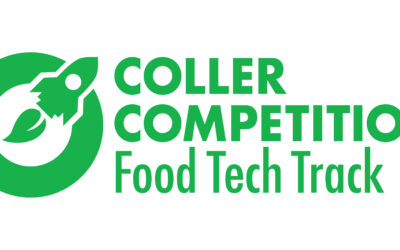We’re Better Pulse
Introducing a resilient and nutritious protein: the black-eyed pea.
Our mission is to provide our customers with the most functional, nutritional, and tasty plant-based Protein.
The Better Pulse solution to is based on a highly resilient crop, the black-eyed pea, which demonstrates exceptional solubility, heat stability, and foaming capacity, unmatched across various food applications.
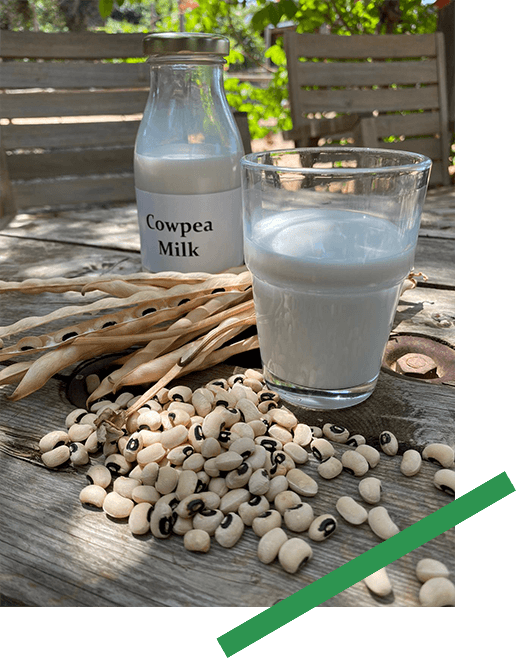
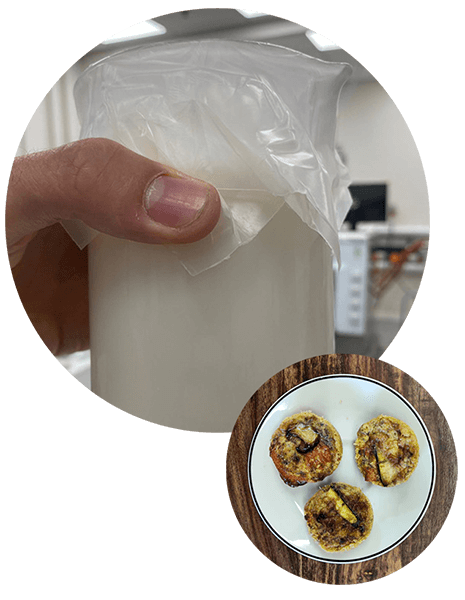
Our Unique Value Proposition
Our protein concentrate exhibits exceptional solubility, thermal stability, and foaming capacity—enabling food companies to incorporate it into applications such as high-protein yogurt, Ultra High Temperature (UHT) processed products, and clean-label barista-style milk.
Team

Alon Karpol CEO & Co-founder:
Alon holds a Ph.D. and completed his postdoc in protein biochemistry at the Weizmann Institute of Science. With a background as the CEO of a biofuel startup and as the General Manager of a protein company, he brings 20 years of expertise in protein science. Over the past five years, Alon successfully introduced the first bacterial-based protein as a food ingredient to the US market.
David Etienne – Food Scientist
Food technologist, Savor Eat, Pastry Teacher, Planet Chef, Chef and owner of food establishments, Pastry chef in Michelin – started restaurants in France.


Mr. Chanan Schneider – Active Chairman:
Entrepreneur, CEO and Venture capitalist at the Food-Tech sector
News
Coller Competition | June 23
Better Pulse is honored to participate in the 2023 Coller Startup Competition Finals at Tel Aviv University on the 5th of July. You are all welcome to attend. The 7th Annual Coller Startup Competition17:30 - Exhibition of Ventures & Mingling19:00 - Main Event –...
Dan LaunchPad | Nov 23
Better Pulse is honored to participate in the Dan LaunchPad program, which provides a unique venture enhancement program for startups, powered by Tel Aviv University.
Why Black Eye Peas?
Black-eyed pea offers a unique value proposition: it is excluded from the major eight allergens, white in color, high solubility, and derives from a resilient crop Non-GMO
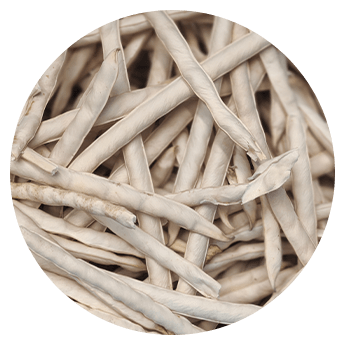
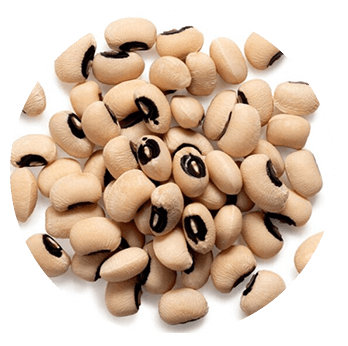
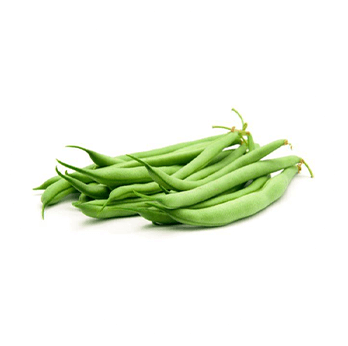
Black-eyed peas has one of the lowest Carbon foot-print
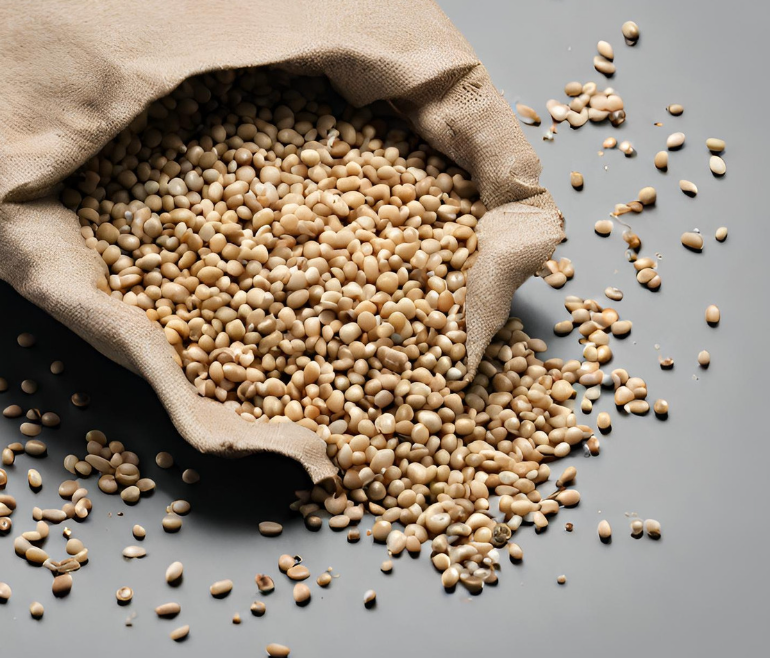
Green House Gases equivalent emissions (GHGe) associated with 1 Kg of Black-eyed Peas protein is one of the lowest described.
Additionally, since it is a semi-arid crop, there is little water requirements.
IUCN NL (2022/2023). Sustainable plant-based worldwide. Guide for value chain management in the protein
| Crop | Carbon footprint [kg CO2eq/kg] |
| Cow peas | 0.48 |
| Peas | 0.58 |
| Soy | 0.6 |
| Chickpeas | 0.67 |
| Oats | 0.7 |
| Quinoa | 0.96 |
| Coconut | 1.78 |
| Almonds | 1.9 |
| Milk | 2.10 |
| Egg | 3.23 |
| Chicken | 4.24 |
| Pork | 5.79 |
| Cheese | 9.29 |
| Butter | 9.90 |
| Lamb | 27.21 |
| Beef | 27.72 |
If you think Black-eyed Peas has an important future role in our food system – don’t hesitate to call us.
Address: Moshav Giva’at Hen, PB 65, Israel, Zip 4390500
Email: [email protected]
Phone: +972-523331007

